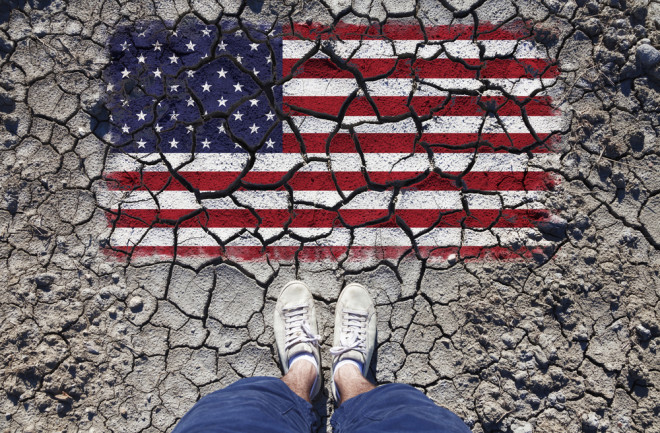Dystopia is a country where everyone is unhappy. With the lowest income in the world, the least freedom, the lowest life expectancy, least social support, and most corruption, they’re actually the worst country in the world.
Dystopia, as it happens, doesn’t actually exist — except as a reference for other countries in the World Happiness Report, a global collaborative survey that ranks the earth’s happiest and unhappiest inhabitants. And the United States isn’t anywhere near as miserable as Dystopia — but they may be inching closer: in the first year the World Happiness Report was published (2012), the United States came in 11th. But the most recent report finds the U.S.A. down eight happiness rungs, to the 19th position.
What’s more, results from the COVID Response Tracking Study, based on data from the General Social Survey, reported in May that Americans were the unhappiest they’ve ever been — 23 percent reported they were “not too happy” — the lowest portion since the survey started in 1972.
In reality, Americans aren’t particularly sad compared to the rest of the world — in fact, they’re objectively among the happiest. The United States ranks 19th out of 149 countries, after all. But whether it’s because the U.S. is the wealthiest country in the world; or because of that relentless optimism Americans are known for worldwide; or a widely held belief (by Americans) that America is innately different from the rest of the world, scholars and politicians have wondered why this country isn’t at the top of the list.

